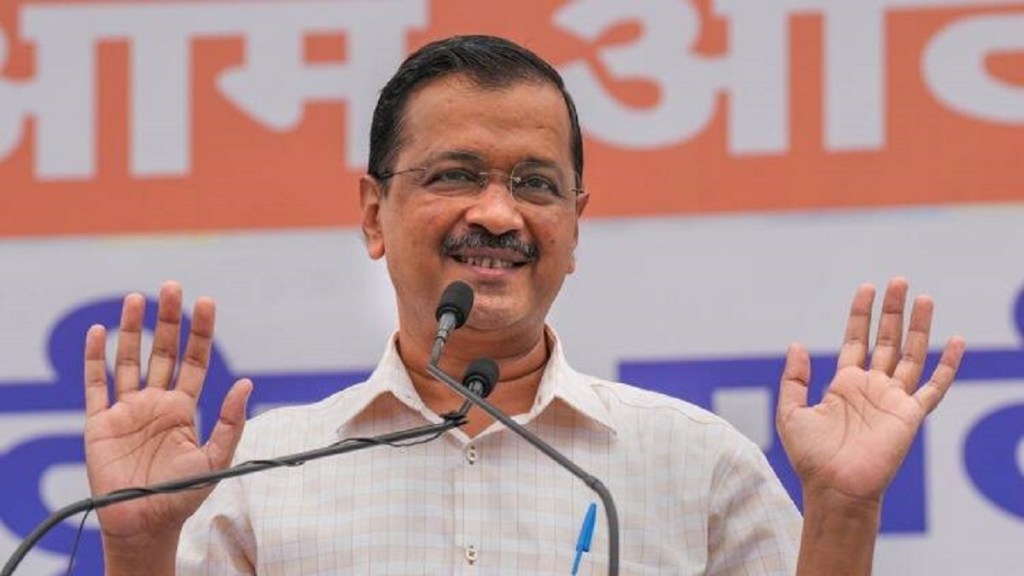The Aam Aadmi Party (AAP) failed to leave a mark in the Karnataka elections as it garnered a meagre 0.58 per cent of the vote share with all its candidates losing their deposits. The Arvind Kejriwal-led AAP had fielded candidates in 209 assembly constituencies out of the 224 in the Karnataka assembly elections and drew a blank in the southern state, where it made its maiden foray in 2018. The party had fielded 28 candidates then.
The party’s performance was so dismal that it got lesser votes than option None of the Above (NOTA), which got 0.69 per cent vote share.
As all its candidates lost their deposits, it becomes interesting to know what is an election security deposit. When a candidate files nominations, an election security deposit needs to be deposited with the Returning Officer (RO). The amount is submitted either in cash, or a receipt must be enclosed with the nomination paper, showing that the said sum has been deposited on the candidate’s behalf in the Reserve Bank of India or in a Government Treasury.
The security deposit is not the same for all elections in India, and the Representation of the People Act of 1951 mentions different amounts depending on the level of election. For Assembly elections, the amount is Rs 10,000 and Rs 5,000 for an SC/ST candidate.
According to the Act, the deposit is forfeited at an election if the number of valid votes polled by the candidate is less than 1/6th of the total number of valid votes polled.
Meanwhile, after the results, AAP national convenor and Delhi Chief Minister Arvind Kejriwal on Saturday sought to downplay AAP’s dismal performance in the elections, saying a time will come when it will win in Karnataka as well.
In the 2023 elections, the Congress returned to power on its own in Karnataka after 10 years, knocking the BJP off its only southern perch. The party bagged 135 seats, comfortably over the magic number of 113, and the BJP in 64, a sharp drop from its tally of 104 in 2018.

